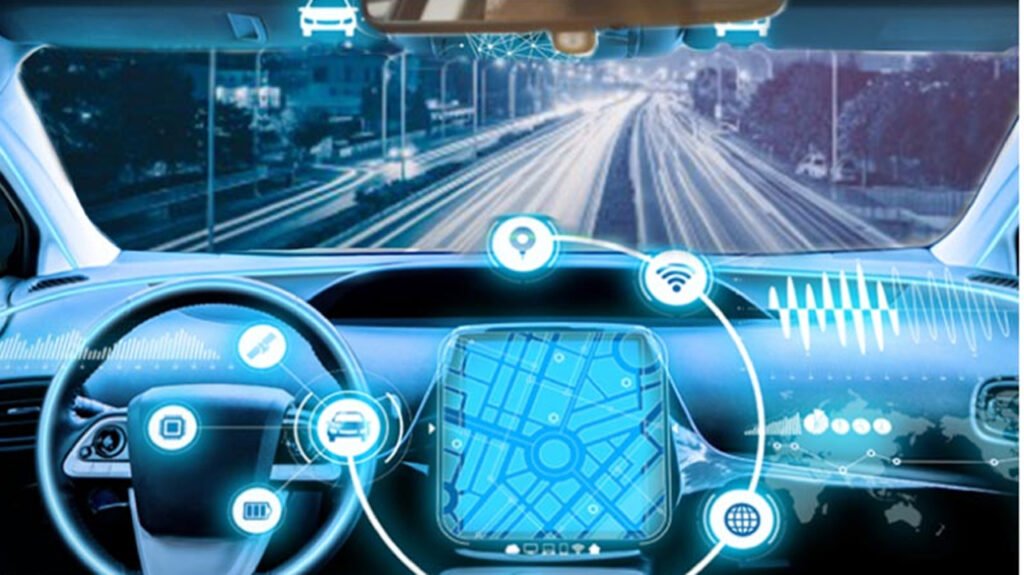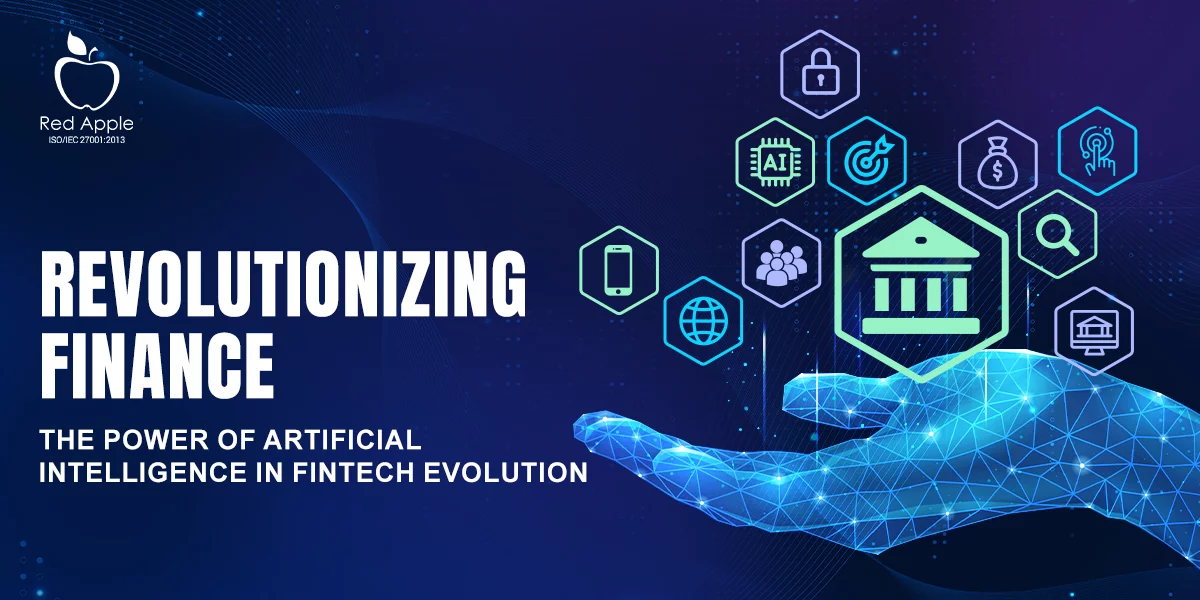The future of AI (Artificial Intelligence) has made significant strides in recent years, transforming various aspects of our lives from healthcare to transportation, and entertainment to finance. As we look ahead to the next decade, AI is poised to revolutionize society in ways we may not yet fully comprehend. In this article, we’ll explore the potential impact of AI on different sectors and how it will reshape our world by 2030.
Contents
The Future of AI: How Artificial Intelligence Will Change Our Lives by 2030

AI in Healthcare:
AI algorithms can analyze vast amounts of patient data to identify patterns and tailor treatment plans based on individual genetic makeup and medical history. By 2030, personalized medicine powered by AI will become the standard of care, leading to more effective treatments and better patient outcomes.
Early Disease Detection
AI-powered diagnostic tools will enable early detection of diseases such as cancer, Alzheimer’s, and heart disease, significantly improving survival rates and reducing healthcare costs. Advanced imaging techniques and predictive analytics will help clinicians detect diseases at their earliest stages, allowing for timely intervention and treatment.
AI in Transportation

Autonomous Vehicles
By 2030, autonomous vehicles will dominate the roads, revolutionizing transportation and urban mobility. AI-driven self-driving cars, buses, and trucks will enhance safety, reduce traffic congestion, and lower transportation costs. Commuters will enjoy a more efficient and convenient travel experience, with vehicles seamlessly navigating city streets and highways.
Smart Traffic Management
AI-powered traffic management systems will optimize traffic flow, reduce commute times, and minimize environmental impact. Machine learning algorithms will analyze real-time traffic data to dynamically adjust traffic signals, reroute vehicles, and prevent gridlock. Smart cities equipped with AI-driven transportation infrastructure will become the norm, enhancing quality of life for residents.
AI in Education

Personalized Learning
AI will revolutionize education by delivering personalized learning experiences tailored to each student’s unique abilities and learning style. Adaptive learning platforms powered by AI algorithms will provide customized lesson plans, interactive tutorials, and real-time feedback, ensuring students receive targeted support and achieve academic success.
Intelligent Tutoring Systems
AI-driven intelligent tutoring systems will supplement traditional teaching methods, offering students personalized guidance and assistance. Virtual tutors equipped with natural language processing capabilities will interact with students in real-time, answering questions, providing explanations, and offering personalized recommendations based on individual learning progress.
AI in Finance

Robo-Advisors
By 2030, robo-advisors powered by AI will become the primary investment advisors for individuals and institutions. These automated investment platforms will leverage machine learning algorithms to analyze market trends, assess risk, and recommend investment strategies tailored to each client’s financial goals and risk tolerance.
Fraud Detection
AI-driven fraud detection systems will play a crucial role in preventing financial crimes such as identity theft, credit card fraud, and money laundering. Advanced AI algorithms will analyze transaction data in real-time, flag suspicious activities, and alert financial institutions to potential fraudulent behavior, safeguarding customers’ assets and maintaining trust in the financial system.
Ethical Considerations and Challenges

Data Privacy
As AI becomes increasingly integrated into our daily lives, protecting personal data and ensuring privacy will be paramount. Striking a balance between harnessing the power of AI and safeguarding individuals’ privacy rights will require robust data protection regulations, transparent data practices, and ethical AI frameworks.
Bias and Fairness
Addressing bias in AI algorithms and ensuring fairness in decision-making processes will be essential to prevent discrimination and promote equity. Developers must actively mitigate bias in training data, algorithm design, and model deployment to ensure AI systems treat all individuals fairly and impartially.
Read More:
Transforming the Future: The Potential of AI-Powered Personal Finance Advisors



Pingback: Transforming the Future: The Potential of AI-Powered Personal Finance Advisors - Business Rising